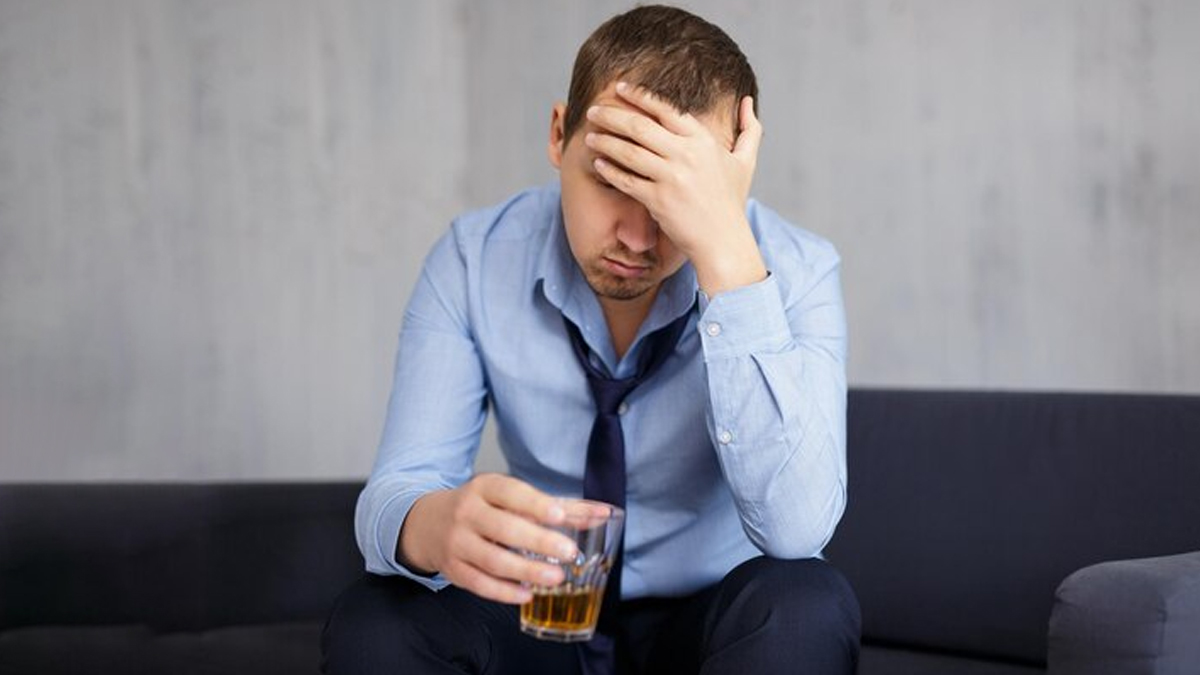
Waking up with a headache after a night of drinking can be miserable, which no one wants to face. And with that, many people instinctively reach for painkillers to ease the hangover. But is this a safe solution? Experts warn that mixing alcohol and painkillers can harm your liver, kidneys, and stomach. Alcohol already stresses your body, and adding painkillers can increase the damage. While it may seem like a quick fix, this combination can lead to serious health risks.
Table of Content:-
So, before you pop that pill, it’s important to understand how alcohol and painkillers interact and why experts advise against this practice. Read ahead to know why painkillers after a hangover could do more harm than good, what safer alternatives exist, and when to consult a doctor.
Why Do People Take Painkillers After a Hangover?
View this post on Instagram
Hangovers cause headaches, muscle pain, and nausea due to dehydration, inflammation, and toxins from alcohol. Dr Shubham Vatsya, Founder and Director, Gastro Liver Care, Delhi, explains that taking painkillers after drinking causes a ‘double attack’ on the liver. "Your liver is injured from both alcohol and the painkillers used to treat hangover symptoms," he says. Alcohol metabolism already puts immense strain on the liver, and adding painkillers like acetaminophen or NSAIDs (non-steroidal anti-inflammatory drugs) compounds the stress.
Key Risks of Mixing Alcohol and Painkillers
-1743678737729.jpg)
- Liver Damage: Both alcohol and acetaminophen are metabolised by the liver. Together, they can overwhelm it, leading to severe liver toxicity.
- Kidney Damage: Non-steroidal anti-inflammatory drugs (NSAIDs) can impair kidney function, especially when combined with alcohol.
- Stomach Issues: Painkillers increase stomach acid production, which can irritate the stomach lining. When paired with alcohol, this raises the risk of ulcers and gastrointestinal bleeding.
Dr Vatsya emphasises, "If you take medicines after drinking alcohol, you are doing double damage to your liver and kidneys."
ALSO READ: Does Black Coffee Help Fatty Liver? Expert Explains How 2–4 Cups Without Milk or Sugar May Help
What Does Science Say?
A study published on PubMed found that combining alcohol with acetaminophen increases the risk of liver damage by 40%. Researchers noted that even small doses of paracetamol can become toxic when the liver is busy breaking down alcohol. The expert also adds: “Painkillers can also damage the liver and kidneys. Never take them without a doctor’s advice, especially after drinking.”
Safer Alternatives for Hangover Relief

Instead of painkillers, try these methods to ease hangover symptoms:
- Hydrate: Drink water or electrolyte-rich fluids like coconut water or ORS to fight dehydration.
- Eat light: Bland foods like toast or bananas replenish nutrients without upsetting your stomach.
- Rest: Sleep helps your body recover faster.
- Avoid caffeine: It worsens dehydration.
When to See a Doctor
Consult a healthcare provider if:
- Hangover symptoms last more than 24 hours.
- You experience severe vomiting, confusion, or rapid heartbeat.
- You rely on painkillers frequently after drinking.
Conclusion
While painkillers might seem like a quick fix, they add stress to organs already battling alcohol’s toxins. As the expert warns, please don’t take painkillers without a doctor’s advice. Your liver can’t handle both alcohol and drugs at once. Focus on hydration, rest, and preventive steps like drinking in moderation. If headaches persist, seek medical help instead of self-medicating.
Also watch this video
How we keep this article up to date:
We work with experts and keep a close eye on the latest in health and wellness. Whenever there is a new research or helpful information, we update our articles with accurate and useful advice.
Current Version